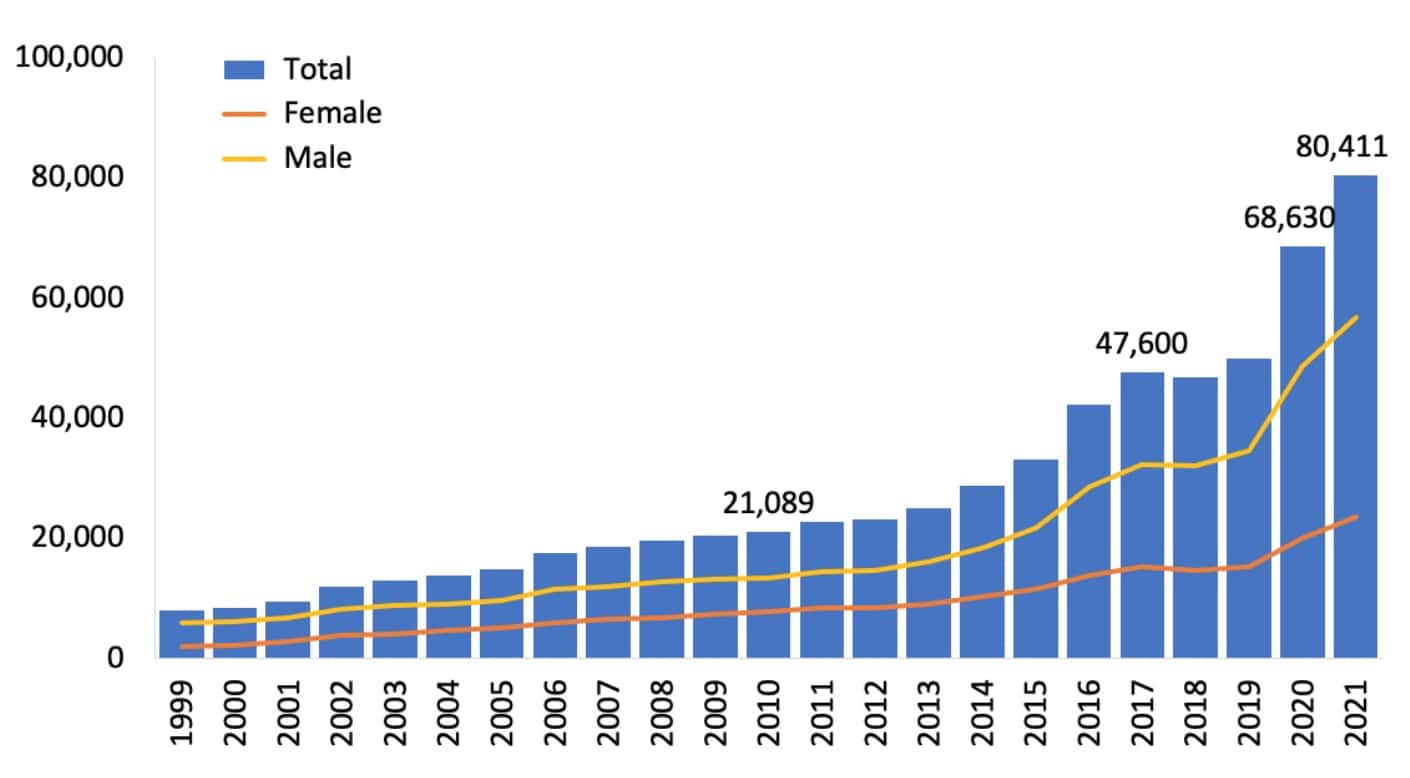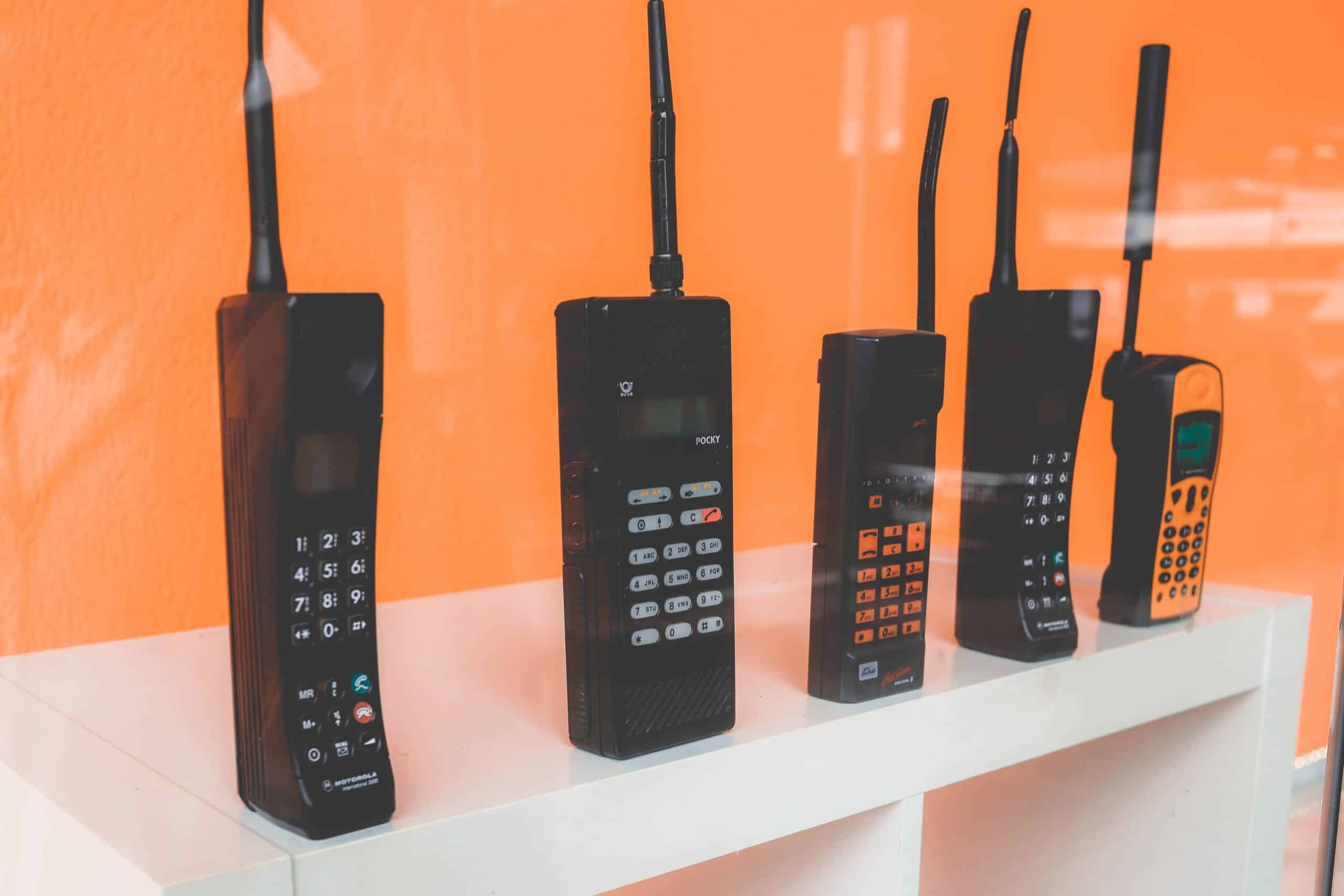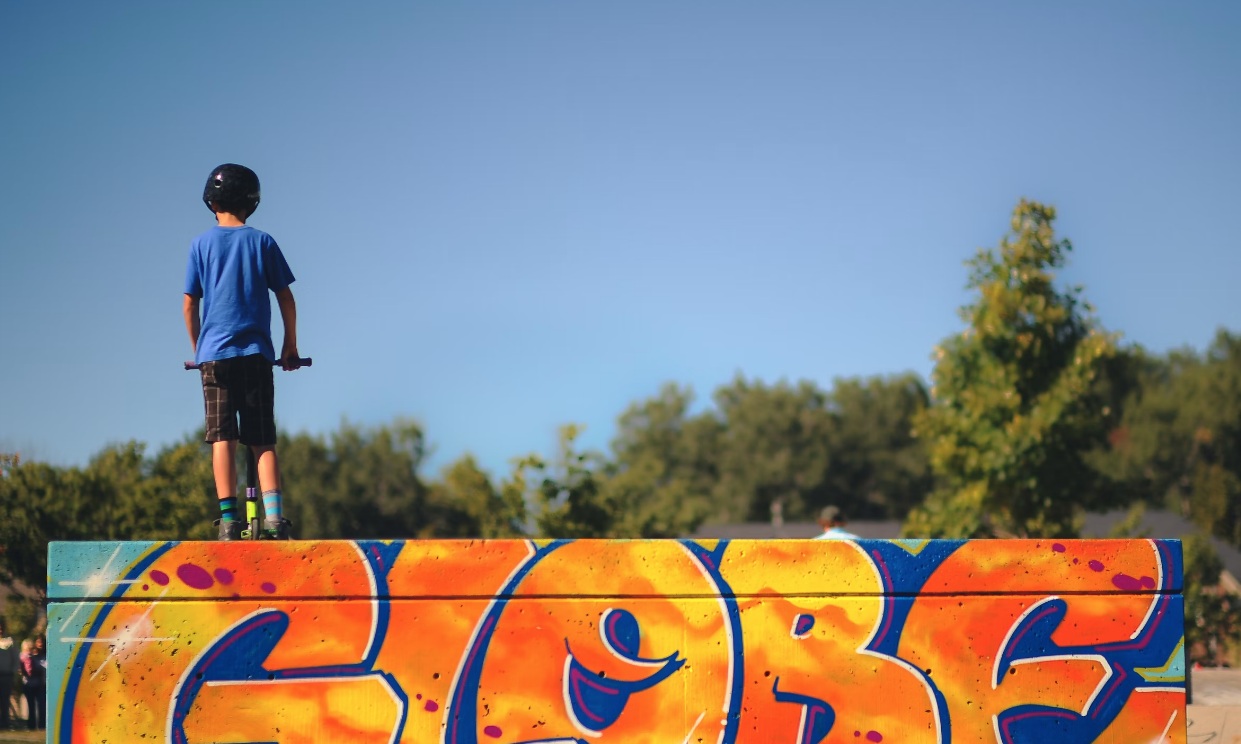The opioid epidemic is one of the most lethal and pressing health issues in America right now. Deaths from opioid overdose now surpass 80,000 annually. That’s more than the number of deaths due to colon and breast cancers combined! Sure, much of the problem rests in the streets where fentanyl runs rampant. But realize too that 88{e60f258f32f4d0090826105a8a8e4487cca35cebb3251bd7e4de0ff6f7e40497} of opioid abuse (not deaths) results from legally prescribed medications. So, it is incumbent on medical providers to seek alternative approaches to treating pain. To be fair, medical providers have indeed responded to the problem and have vastly curtailed the volume of opioid-based prescriptions. But without replacing opioids with an equivalent alternative, this leaves more pain in need of treatment, which represents an unsavory Catch-22 scenario. As a surgeon who constantly manages postoperative pain, I decided to take the opioid bull by the horns and sought ways to replace opioids with non-addictive alternatives. Given my Eastern medicine bent, I first turned to see what centuries-old traditional Chinese medicine had to offer.
An Opioid-Beater
As a lecturer at Yosan University School of Traditional Chinese Medicine, I recruited a team to help develop an opiate-beating medication that I could use after surgical procedures to reduce or eliminate opioids. Inspiring me into this pain pill pivot was a surgeon-colleague, Dr Shirin Towfigh, who was offering her hernia-surgery patients a complex herbal mixture after procedures which reduced their need for opioids.
Mother of a Study
With the help of Kristal Hart, a doctoral candidate at Yosan, we designed the mother-of-all-studies in Western medicine: A randomized, prospective, double-blind study that assessed whether a 6-component traditional Chinese medicine could reduce traditional pain pill use after surgical procedures like vasectomies and vasectomy reversals (me) and hernia repairs (Dr. Towfigh). Uniquely, no one had ever used a mixture of herbals (that might have synergy and do better than single agents alone) and no one had ever done a randomized trial.
A Biblical Remedy
We recruited over 100 kind souls who were having surgery to take our traditional Chinese medicine (TCM) pills (or placebo) for 3 days before their procedures and for 5 days afterwards. They were also offered routine opioids and other traditional Western pain pills and were free to take them as needed. What we found was that the cohort taking the TCM pills had rates of postoperative pain reduction 4 times greater in magnitude and 3 times faster than those using traditional western pain pills alone. And to boot, the TCM cohort reported higher sleep quality than the controls, which is an issue known to be affected by opioid use.
So, what exactly is in this magical pain-relieving elixir? The two top ingredients are…wait for it…frankincense (Boswellia) and myrrh (Commiphora), two tree sap resins from Africa. You may recall that in biblical times the Magi or wise men who attended the birth of Jesus brought these as gifts for the first Christmas. Why bring these particular herbals? Well maybe these wise men knew something that we’re just figuring out today: effective non-prescription, non-opioid pain relief after childbirth!





